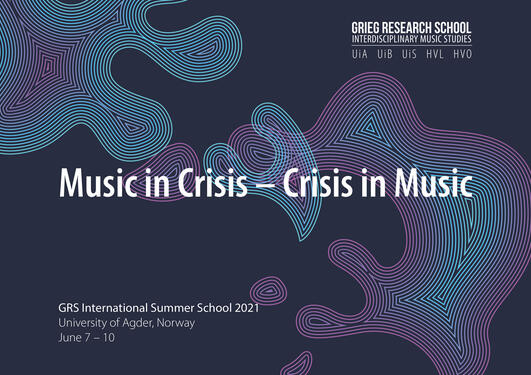Nina Sun Eidsheim
Re-writing Algorithms for Just Recognition: from Digital Aural Redlining to Accent Activism
Main content
In the mid-1950s, the Eastman Kodak Company famously standardized their Shirley cards test, which used a photograph of a white woman to calibrate color when printing photos. Jersson Garcia, who worked at a photo lab told the NPR: “‘She was the standard,’ ‘so whenever we printed anything, we had to pull Shirley in. If Shirley looked good, everything else was OK. If Shirley didn't look so hot that day, we had to tweak something — something was wrong.’” Around the Christmas shopping season of 2009, we saw the same premise illustrated by YouTube videos featuring Hewlett Packard webcams that “can’t see black people.” I argue that, in the same way as Kodak film and HP cameras were calibrated for white skin color, voice- and listening technologies also carry and reproduce the same social bias, discrimination, and racism. Akin to discriminatory real estate and lending-practice redlining, I dub these practices digital aural redlining. I also identify oppositional uses of these technologies that could counter essentializing practices as aural redline jamming. Considering the vocal synthesis software Vocaloid, voice to text technology, and the Voice Bank Monopoly game, I show how vocal and listening technology listens for, against, and in non-recognition of certain accents, vocal performances standing in for non-whiteness. I conclude by calling for each (accented) accent to be justly recognized, affording each voice its multiplicity and humanity.
Key Questions
- How are society's values and conventions embedded in technology?
- How can we counteract racist values and attitudes when they are performed by algorithms?
Recommended Reading
Nina Eidsheim, The Race of Sound: Listening, Timbre, and Vocality in African American Music (Duke University Press, 2018) -- free download: https://escholarship.org/uc/item/9sn4k8dr (Lenker til en ekstern side.)
Safiya Umoja Noble, Algorithms of Oppression: How Search Engines Reinforce Racism (Lenker til en ekstern side.) (NYU Press, 2018)
Biography
Nina Eidsheim is the author of Sensing Sound: Singing and Listening as Vibrational Practice and The Race of Sound: Listening, Timbre, and Vocality in African American Music; co-editing Oxford Handbook of Voice Studies; Co-editor of the Refiguring American Music book series for Duke University Press; recipient of the Mellon Foundation Fellowship, Cornell University Society of the Humanities Fellowship, the UC President’s Faculty Research Fellowship and the ACLS Charles A. Ryskamp Fellowship. She received her bachelor of music from the voice program at the Agder Conservatory (Norway); MFA in vocal performance from the California Institute of the Arts; and Ph.D. in Musicology from the University of California, San Diego. Eidsheim is Professor of Musicology, UCLA Herb Alpert School of Music and founder and director of the UCLA Practice-based Experimental Epistemology (PEER) Lab, an experimental research Lab dedicated to decolonializing data, methodology, and analysis, in and through multisensory creative practices.

